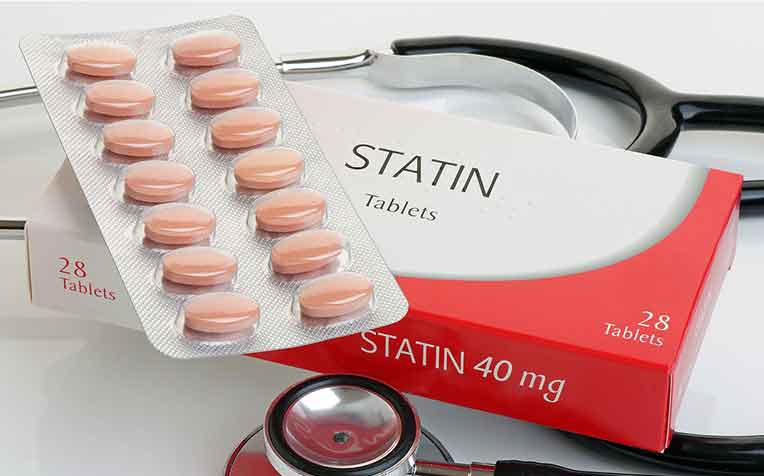
Cholesterol medication such as statins may be ineffective or too strong for some, hence the development of new alternative drugs like alirocumab or evolocumab.
About 70 per cent of patients admitted to National Heart Centre Singapore (NHCS), a member of the SingHealth group, with heart attacks have unhealthy LDL cholesterol (low-density lipoprotein) or bad cholesterol levels.
After a heart attack, doctors typically start them on high doses of statins. These are drugs proven to save lives and prevent deaths by reducing both inflammation in coronary arteries and recurrent heart attacks.
However, after a year on statins following a heart attack, one in two on the medication still cannot reach target cholesterol levels, said Asst Prof Jack Tan, Deputy Head and Senior Consultant, Department of Cardiology, NHCS.
This led Dr Tan to start giving two new drugs – alirocumab or evolocumab – to patients. The drugs were approved by the Health Sciences Authority for use on people who have had a heart attack, or are at a high risk of one. These are patients who cannot reach their target levels while on conventional treatment, or cannot tolerate the usual high-intensity statins.
How new cholesterol medicines work
The drugs have had positive data from a worldwide study that also included participants from Singapore. Alirocumab was found to be much more effective in reducing LDL levels than high-dose statins, while having barely any side effects, said Asst Prof Tan, who is also Adjunct Assistant Professor, Duke-NUS Medical School.
Made by different companies, both alirocumab and evolocumab act similarly. They target and inhibit a protein called PCSK9, which prevents the breakdown of LDL receptors in the liver. These receptors remove harmful LDL cholesterol from the blood.
Side effects of statins
Statins work for the majority of patients with high cholesterol, but some people suffer side effects. These include:
- Myalgia (muscle pain)
- Fatigue
- Liver abnormalities, in very rare cases (less than 3 per cent of patients) it can cause liver abnormalities
- Rhabdomyolysis, in even rarer cases (less than one in a thousand), where muscles die, causing the kidneys to fail
Dr Tan said doctors usually do blood tests for patients within the first three months of prescribing statins to see if the drugs are working, and to check for side effects. The tests look into liver enzymes, kidney function and the lipid cholesterol panel.
“Side effects are uncommon. For liver failure to result from statins is very rare, but to cause a bit of enzyme rise is not uncommon, so when we see that, they’d be classified as statin-intolerant. This means they have side effects from statins, and we can’t push up the dose anymore.”
Have high cholesterol? Try lifestyle changes first
Doctors recommend lifestyle changes as the first line of defence to attain healthier LDL cholesterol levels, said Dr Tan.
While how much LDL the body produces is largely predetermined by a person’s genes, diet is still important.
“If you eat bad, oily food and have the bad genes, it’s doubly worse,” said Dr Tan. He advised cutting back on meat and oily and processed food, and moving towards a plant-based diet to help bring LDL cholesterol to healthier levels.
Are statins not effective or too strong for you? Find out if the new cholesterol medicines are a suitable choice for you on the next page.
Ref: M19
Contributed by


















 Get it on Google Play
Get it on Google Play